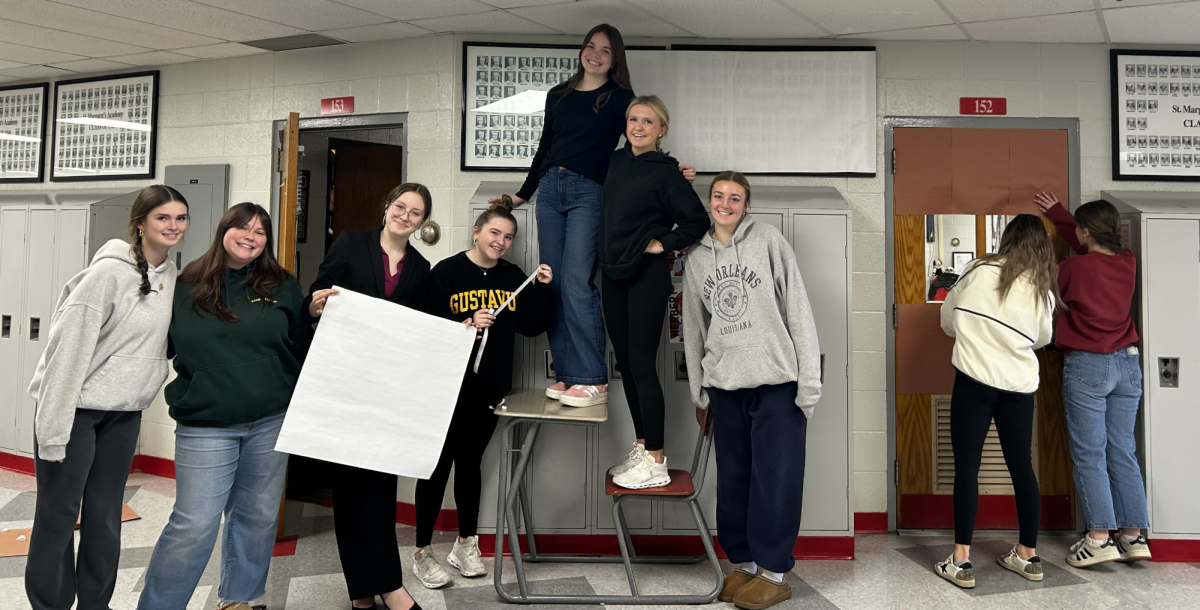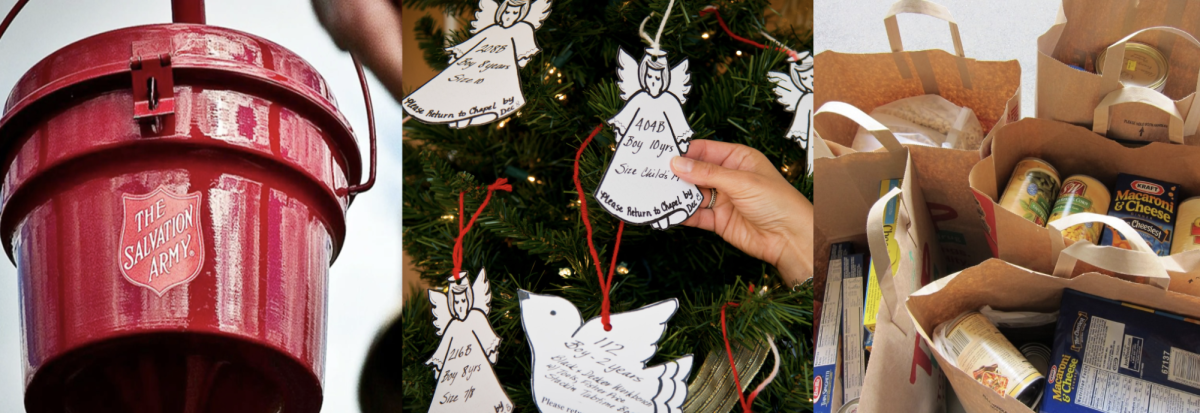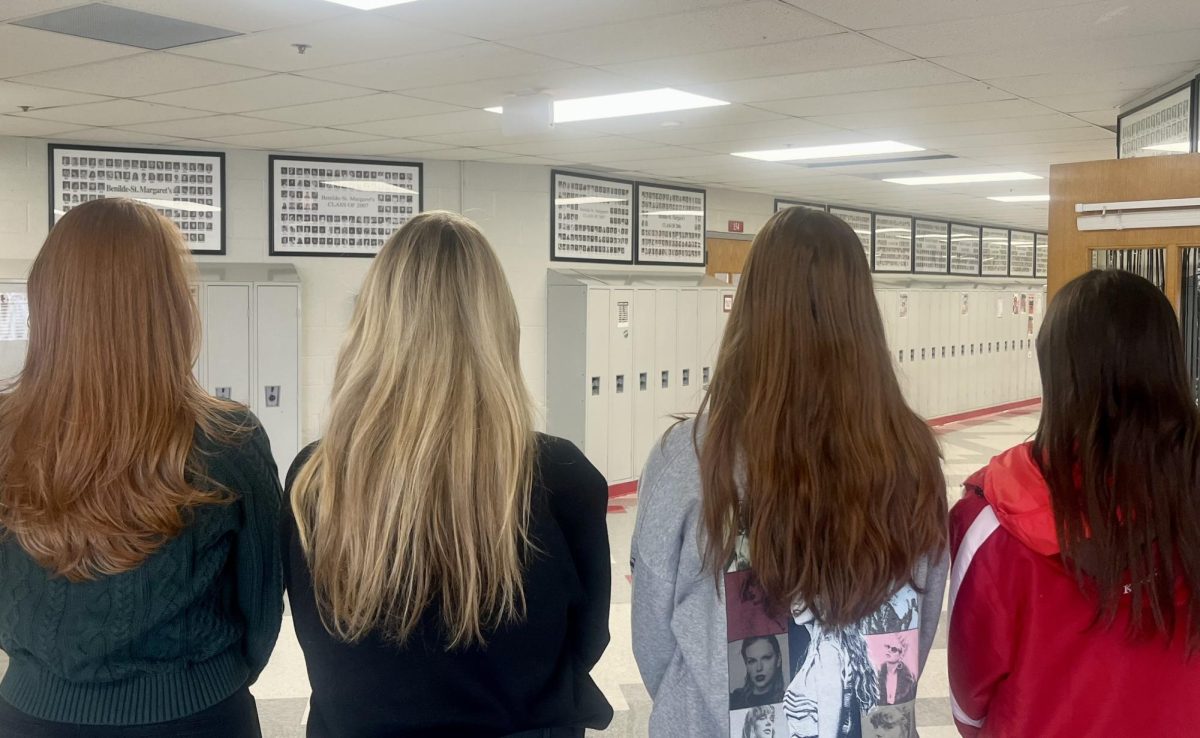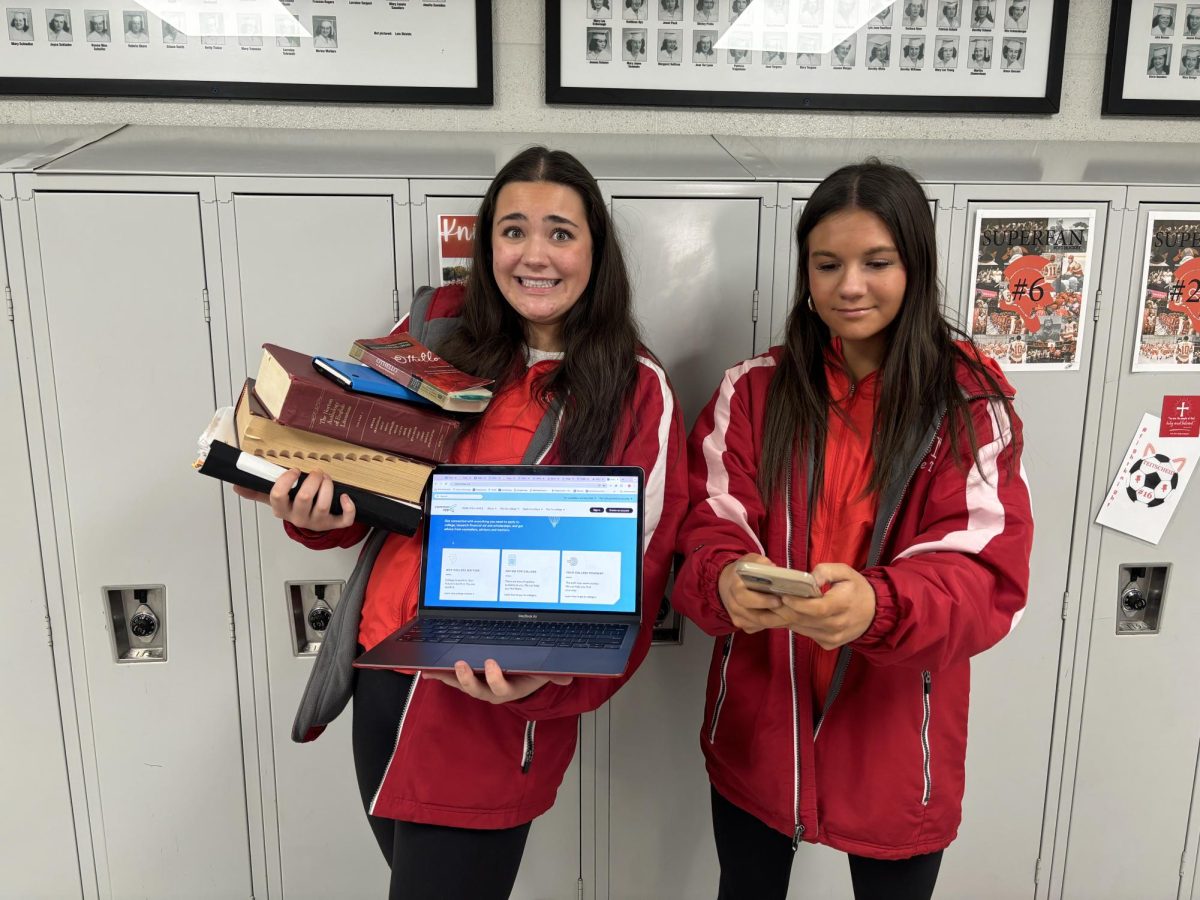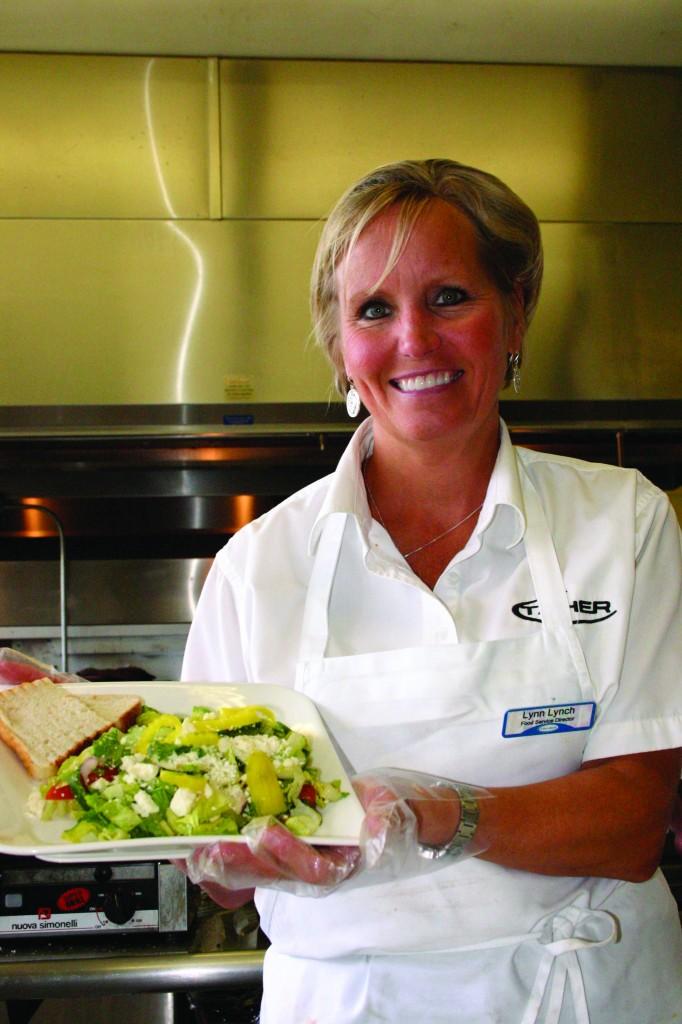Despite the slow transition to a more green environment at BSM, one area that has made a wholehearted effort to be more eco-friendly is Taher. From the food being prepared, to the storage method used, the kitchen staff at Taher has done many things to change the everyday habits of students at BSM, and for the most part, its working.
Taher’s little efforts all contribute to the larger goal of a clean environment. “This year, along with using biodegradable bags and separating food, cardboard, things like that, we use eco-friendly containers to hold everything and help break down and decompose faster than the old plastic,” said Jonathon Barnes.
The food now being served at Taher is better for the environment for a variety of reasons. “The thing that we are trying to do differently is to buy everything fresh and support local farmers. We order our food from farms within the state, which is good for a couple of reasons,” said Barnes, “There is less truck movement, which cuts down on CO2 emissions. But the big thing is that we support these farmers and make everything from scratch, we do bring in canned items such as tomatoes or sauce, but everything else is fresh causing so much less waste.”
When a staff is making so much food for such a large group of people, the question of where the waste is going to comes to mind. And though there is no environmentally friendly way to discard of pounds of food, Taher has adopted a reasonable method of doing so. “Well, our scrap food goes to the pigs,” said Barnes, “But say we cook spaghetti one day. The extra sauce and pasta that we have we use for out catering gig for Apple (the technology department), so what we will do is make them chicken-parmesean; therefore we re-use the red sauce and offer a nice catering party off of a previously made entree.”
The determination on how much food to make a day is tough, and Taher does a good job of recognizing what will be popular when. “If I knew how many of each tray we would sell a day, I would buy a lottery ticket,” said Barnes, “entrees can be really popular one day and not nearly as popular the next time around. A lot has to do with the weather, actually. For example, women in the spring tend to eat less wraps and go to salads, so we cut down on our wrap orders.”
The efforts made by Taher have proven to be a small step in the long process of improving the environment and reducing our footprint. “I would say there’s noticably less waster, especially because we have real plates and silverware. it may seem small, and I know a lot of things still go in the trash, but the bottles and plastic that we separate can be broken down,” said Barnes, “ When you look at those things on a long-term scale, give it ten or twelve years, you will start to see a significant difference.”
Though the concept to make all of these changes to a “green campus” has not yet been conceived throughout the entire school, Taher has backed up this mentality completely. “The school wanted to “go-green”, and we wanted to support the school,” said Barnes, “It benefits both sides, and there are very few companies and schools that can say they’re actually going green and pursuing it aggressively like ourselves.”








